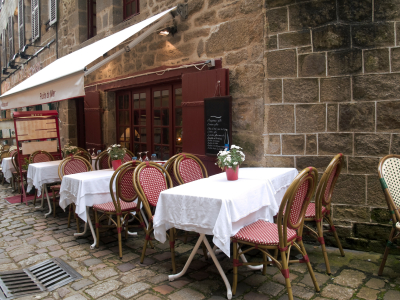Pros and Cons of Taking Reservations
One of the many decisions you will need to make when opening a new restaurant is whether or not to take reservations. While some establishments are automatically expected to take reservations, for the average restaurant owner this is a personal decision that must be made prior to opening day. Which is the best way to go? Well there are actually advantages and disadvantages, so looking at both sides might help you to make a decision.
Advantages 
When you think about places that accept reservations, you typically think of fine dining establishments. There are some that take reservations only and are considered difficult to even get into. However, the fact is that even a casual dining establishment can opt to take reservations. Some of the benefits of doing so include:
• It helps to manage the customers that you get by not having to worry about lines out the door, or how to seat those waiting for a table.
• Your tables will be reserved ahead of time and you will know how many people to expect during any given time period.
• It gives you the chance to organize seating and make the most of the space you have available.
• Guests can plan for special occasions. Those who want to celebrate an occasion with you will not have to worry about whether they will be able to get a table. They can reserve in advance and know that their special day will be pleasurable and their table will be ready when they arrive.
• Typically those who make reservations will have larger parties and will spend more money. This gives you a higher profit margin and larger tips for your employees.
Disadvantages
Here are some disadvantages of taking reservations. Although they may be fewer in number, their financial costs may outweigh any benefits. Some of them include:
• Depending on how booked you might get, it may become much too difficult for some people to ever try to dine at your business. This eliminates the potential for new customers.
• Guests can reserve a spot and then not show up. This may cause you to have empty seats with no one to fill them. You may then be overstaffed which may cause you not to bring in the profits you had expected.
• Because you may believe that you are all booked, you could be turning away potential paying customers who want to make a reservation. You will then lose any business that you may have had from the these paying customers who do not have reservations. This double loss could gravely affect your business.
Conclusion
So how do you handle this? One common way is to take reservations for some events, like parties, while still saving enough tables for walk-in customers. Many businesses have gone this route. Whatever you decide, it will be a personal decision that will work best if it fits the needs and goals of your business.